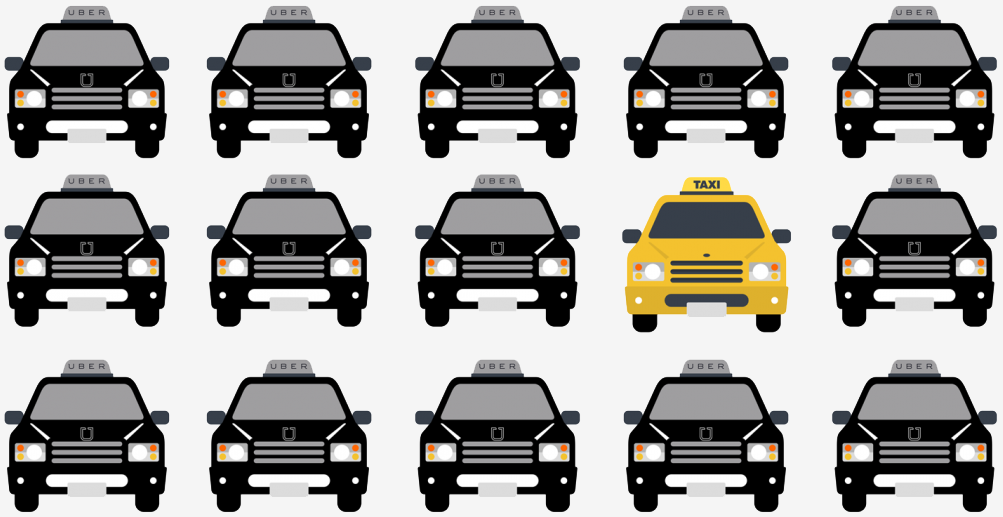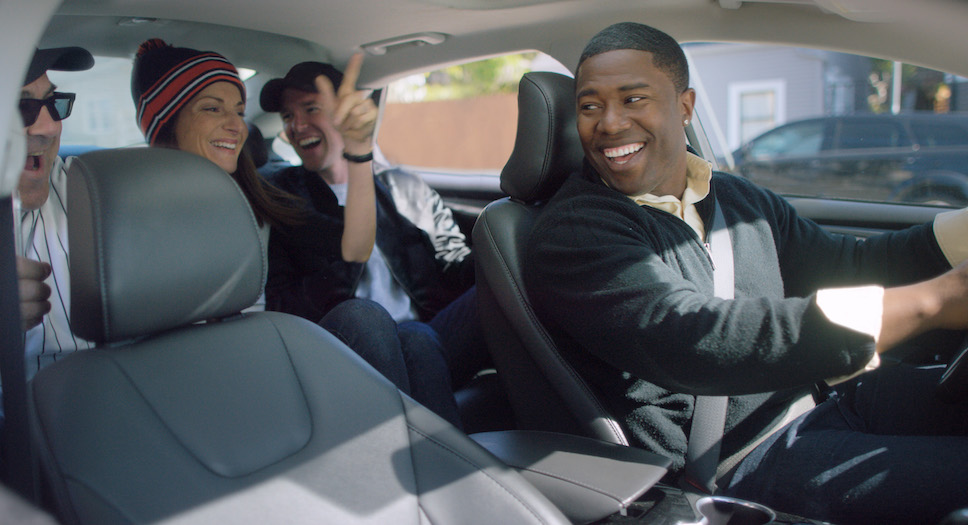The gig economy business model has been a key cog in Uber's success to date but it's not without controversy.
The ride-hailing service argues that the system affords both drivers and employers a certain level of flexibility. It's simple, really: work when you want to, don't work when you don't want to. Work and get paid. Don't work and don't get paid. You're self-employed.
This, conversely, means that drivers aren't true employees but rather, are classified as independent contractors. Critics say, among other things, that such a classification exploits drivers and deprives them of benefits like unemployment insurance.

Apparently, the UK's Employment Appeal Tribunal agrees with critics.
On Friday, the employment tribunal upheld an earlier ruling stating that Uber would have to ensure drivers in Britain are paid a minimum wage and can take time off. In other words, it totally upends Uber's gig economy business model.
Tom Elvidge, Uber's acting head in Britain, said the transportation company would appeal the decision to the Court of Appeal or to Britain's Supreme Court.
The ruling is yet another hurdle Uber has faced in London in recent months. Back in September, the city's transportation authority banned the company from operating in the capital city. That ruling is being appealed but in the meantime, Uber can continue to run its business there.
London is Uber's biggest market outside of the US. Disrupting service in the city would no doubt have a serious impact on the company's overall health and could even set precedent in other regions.
In August, Uber appointed Dara Khosrowshahi as its new CEO, filling a vacancy left by ousted founder Travis Kalanick.
